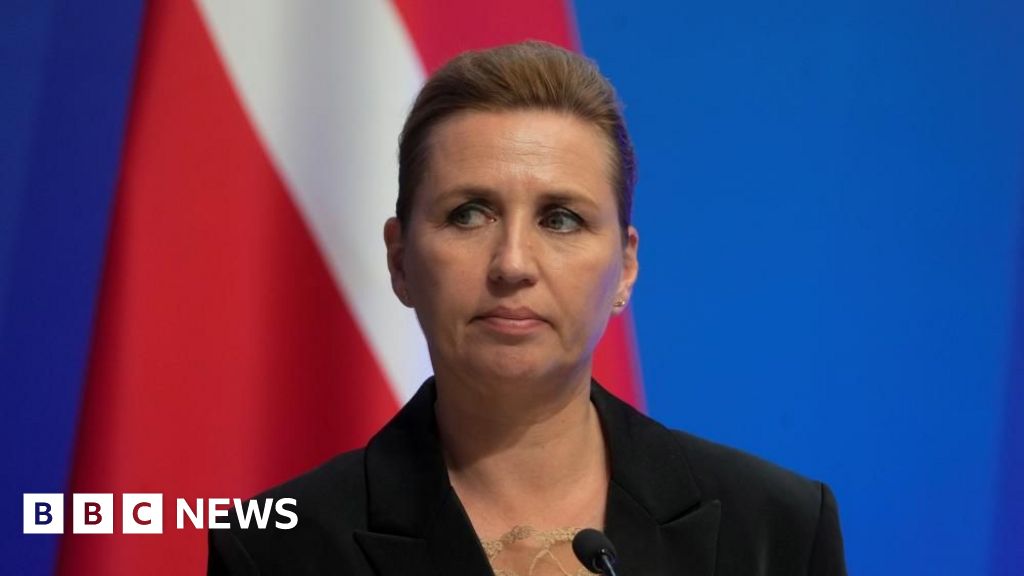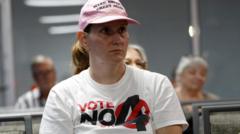CHICAGO (AP) — College student Maya Roman has mastered the discreet distribution of contraceptives: a text message, a walk to a designated spot, and a paper bag containing condoms and Plan B emergency contraception. This workaround is vital at DePaul University, a Catholic institution that prohibits any form of birth control on its campus.
In response to this limitation, a student-led initiative known as “the womb service” has emerged, formerly the Planned Parenthood Generation Action chapter at DePaul, which was disbanded after the university revoked its student organization status.
Catholic universities generally do not offer contraceptives on campus or through school-run health centers, leading students to step in to fill the gap in reproductive healthcare. This effort is not without challenges, as administrative pushbacks are frequent.
Many Catholic colleges maintain policies aligned with church doctrine against premarital sex and the use of birth control. Activists argue that they are providing crucial support to students of all faiths who seek reproductive autonomy.
Increasing Restrictions on Contraceptive Access
A significant amount of legislative activity nationwide, particularly in Republican-led states, aims to restrict contraception access. Laws have been proposed to exclude certain birth control methods from state Medicaid programs, with some requiring parental consent for minors seeking contraception.
The Trump administration also froze funding for family planning clinics and removed CDC guidance on birth control from public access.
Conversely, Illinois Governor JB Pritzker has mandated public universities to offer contraceptives and abortion medication in student health centers, which does not apply to private institutions like DePaul.
“There is a growing effort to control reproductive health access across America, exacerbated at Catholic institutions,” says Jill Delston, a researcher focused on contraception access.
Student Initiatives Filling the Void
Maya Roman, drawing on her upbringing in a health-conscious household, noticed a lack of sexual health knowledge and resources among peers. The service she leads fields 15-25 requests weekly for contraceptives and hosts educational workshops.
“These colleges often do not provide access to contraception, forcing students to fill the resulting gaps,” explains Maddy Niziolek from Catholics for Choice. Another group at Loyola University connects with students off-campus, organizing events to distribute contraceptive supplies.
At the University of Notre Dame, the Irish 4 Reproductive Health group is addressing restrictive policies through legal action while providing off-campus contraceptive access. The group's co-president, Gabriella Shirtcliff, emphasized the importance of preventing unwanted pregnancies.
The Stakes of Contraceptive Access
The implications of limited contraceptive access are profound, affecting students' life choices, educational pursuits, and future prospects. Delston emphasizes the necessity for these young adults to have control over their reproductive health.
To combat these challenges, the American Society for Emergency Contraception is aiding student activists in extending contraceptive access, including efforts to install vending machines for emergency contraception across various campuses.
At DePaul, the students have rebranded as Students United for Reproductive Justice and plan to continue their contraceptive distribution efforts. Roman encourages more students to challenge institutional barriers for better reproductive health policies.
“It’s achievable, and students fighting this issue are not alone,” she affirms.










